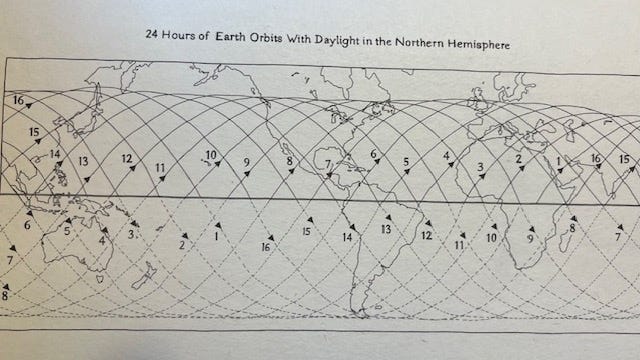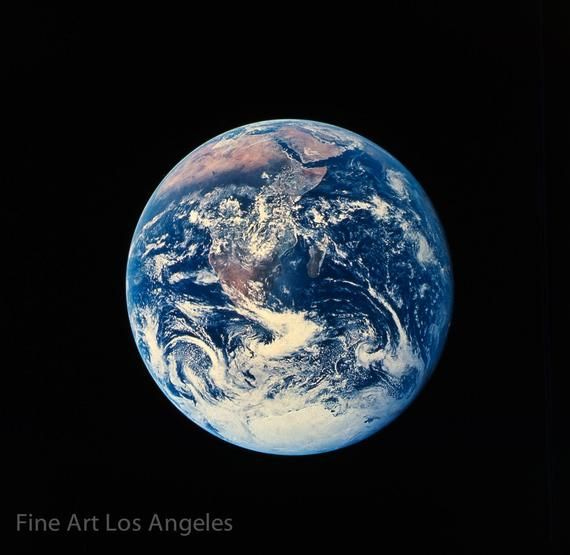Orbital
Like so many others, I was anxious, agitated, apprehensive, distractible—you name it—in the weeks before the election. I dreaded the day at the same time I just wanted it to be over. Then it was. I wasn’t shocked or heartbroken at the result. How else could it have turned out when the race stayed so close, even inching Trump’s chances forward, no matter what horrible thing he said or did, no matter that he grew visibly crazier by the day.
There are a million reasons for what happened.
What Richard Nixon famously said about Watergate applies: “Mistakes were made.”
By everyone. (That’s me speaking. About the election.)
But I don’t want to write about that here. Or about the fact that the aftermath of the election left me heartsick and a little catatonic, unable to read with much concentration or to write…anything.
However. Here I am, writing. Finally.
Book Pilgrim is about books, I told myself. Why you love them, how they change you.
Orbital, by Samantha Harvey, for example, this year’s Booker Prize winner. It’s a short novel by most standards: 207 pages. A day in the life of six astronauts hurtling around the planet at seventeen thousand miles an hour, each chapter one of its sixteen orbits in twenty-four hours. It doesn’t really have a plot.
Sometimes, when I’m profoundly moved by a novel, it’s less about the book itself (though Orbital is brilliant) than because it comes to me just when I need it.
How do books know?
The funny thing is, I only decided to read Orbital because it won the Booker Prize. Normally, space is not my thing; the very idea of eternity terrifies me. But, as it turned out, being in space for a day, witnessing our troubled world from so far away that it seemed like nothing more than a beautiful ball swirling with color and rhythm and light was exactly what I needed.
Orbital is not character-driven, like most books I love. There’s no human drama onboard; the two women and four men get along just fine. We learn bits and pieces of what brought the four men and two women to this moment through dialogue, memories, dreams and, in some cases, what they brought with them: photographs, a postcard of Velasquez’s “Las Meninas,” a crucifix, a small felt moon. One is grieving her mother’s recent death, one listens to Duke Ellington on the treadmill, one’s fallen out of love with his wife.
Time dissolves in space. A day is sixteen orbits, nothing more. My favorite part of Orbital was watching the world go by.
“It’s the black hole of the Pacific becoming a field of gold or French Polynesia dotted below, the islands like cell samples, the atolls opal lozenges, then the spindle of Central America…”
“There’s the south-west toe of England kicking limping at the North Atlantic, there’s the English Channel, blink and you’ve missed it, there’s Brussels and Amsterdam and Hamberg and Berlin, though they’re drawn in invisible ink on the grey-green felt, there’s Denmark in its dolphin-leap towards Norway and Sweden...”
“Here is Cuba pink with morning.”
Of course, I loved the weird details of space, too. A glob of toothpaste (literally) caught on a brush, a ponytail standing straight up in the air, mice flying.
But this, this is what I needed:
“They were warned in their training about the problem of dissonance. They were warned about what would happen with repeated exposure to this seamless earth. You will see, they were told, its fullness, its absence of borders except those between land and sea. You’ll see no countries, just a rolling indivisible globe which knows no possibility of separation, let alone war.”
Of course, there are countries. There are wars. The greed, the hunger for power that create them has always been with us. Probably always will be.
It is a bad, bad time for our earth, for ourselves right now.
But for a moment, reading Orbital, I saw the deeper truth of—what? Life? I can’t really say.
Just that it made me take a deep breath and begin, again, to do the only kind of work in this life that I know how to do.





It is.
Is it a novel though?